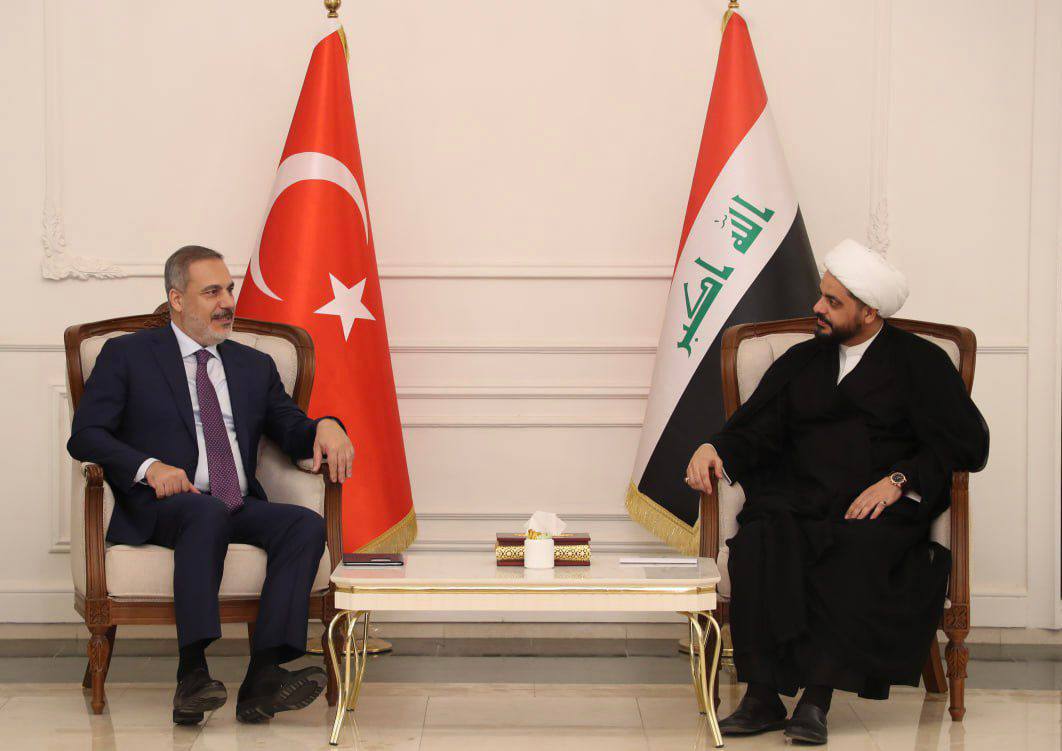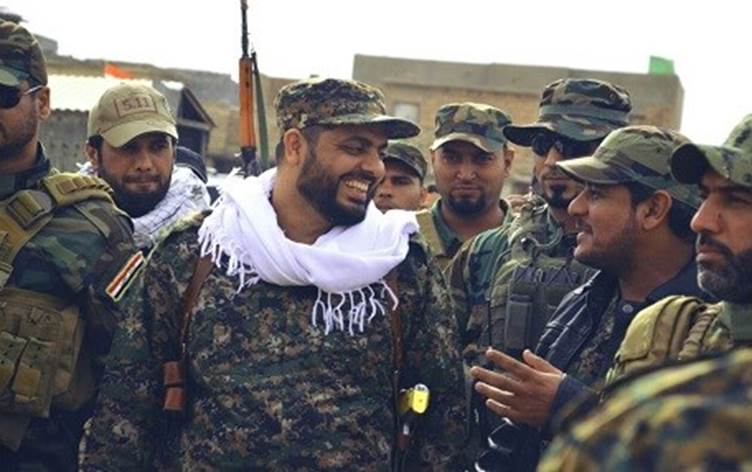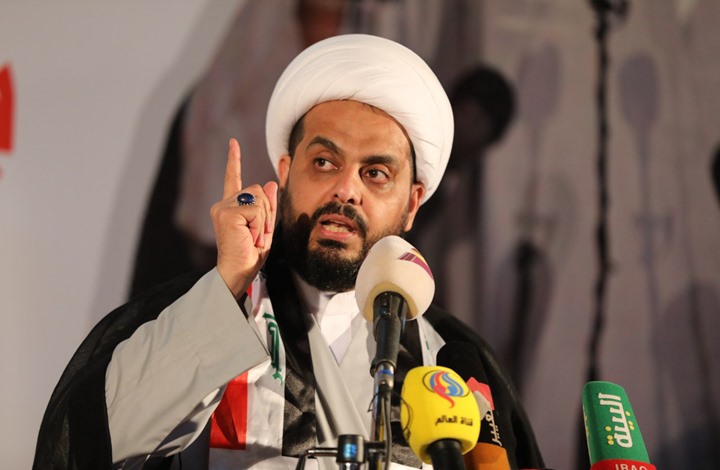Levent Kenez/Stockholm
Turkish foreign minister and former spymaster Hakan Fidan visited Iraq on August 22-24. With discussions in Baghdad and Erbil, Fidan met with the Iraqi president, prime minister and several Iraqi politicians. The Turkish Ministry of Foreign Affairs showcased Fidan’s visits in a photo gallery on their website. However, the ministry omitted Fidan’s meeting with Qais Al-Khazali, leader of the Iran-backed Iraqi Shiite militia Asa’ib Ahl al-Haq who was designated as a terrorist by the US in 2019. Similarly, the Turkish state-run Anadolu news agency did not report on the controversial meeting.
Khazali is the founder and secretary general of the Asa’ib Ahl al-Haq party also known as the Khazali Network. This political group, aligned with Iran and a member of the pro-shite Fatah Alliance, exerts influence within the Iraqi Shia community. Their involvement spans significant periods such as the Iraq War and the Syrian Civil War.
Khazali is a notable figure recognized for his leadership within the Iran-backed Special Groups in Iraq. His prominent role extended from June 2006 until his capture by British forces in March 2007. As head of the Special Groups, Khazali is accused of being responsible for directing arms transport, forming squads for combat engagements and overseeing insurgent operations. Among the significant incidents attributed to his leadership was the attack on American forces in Karbala on January 20, 2007.

Khazali’s background includes his previous association with Iran’s Shiite leader Muqtada al-Sadr. However, he was removed from al-Sadr’s Mahdi Army in 2004 due to issuing orders without proper authorization.
In 2007 British forces conducted a successful operation, apprehending Khazali, along with his brother and a Lebanese advisor, from a house in Basra. Khazali’s captivity came to an end in January 2010, following an exchange involving British citizen Peter Moore, a computer consultant who had been kidnapped by Asa’ib Ahl al-Haq. Since his release, Khazali has focused on recruiting Iraqi Shiite militias to go to Syria in support of Syrian President Bashar al-Assad.
Khazali was designated by the US Department of the Treasury due to his involvement in serious human rights abuses. According to the Treasury, Khazali played a prominent role in a 2007 attack that resulted in the death of five US soldiers.

During the unannounced meeting Khazali addressed the matter of the Turkish military presence on Iraqi soil as well as the use of Iraqi territory for hostile actions against Turkey. Khazali had previously engaged with Turkish ambassadors and is known for his opposition to Turkey’s military presence in both Iraq and Syria.
Khazali also told Fidan that Turkey should increase water releases from the Tigris and Euphrates rivers.
Fidan expressed gratitude to Khazali for his insight on matters of mutual interest, praising his contributions to Iraq’s security, sovereignty and state-building efforts, Iraqi media reported.
In January 2023 UN Secretary-General Antonio Guterres faced backlash for being photographed alongside two militia leaders, one of them Khazali, during his visit to Iraq.
Meanwhile, Fidan has been accused by some opposition circles of being pro-Iran. A Turkish operative linked to Iran’s Islamic Revolutionary Guard Corps (IRGC) Quds Force reportedly communicated that Fidan, the head of Turkey’s intelligence agency MIT (Milli İstihbarat Teşkilatı) at the time, held a position of trust and shared the revolutionary aspirations of the Iranian regime. Allegations suggest that he harbored anti-US and anti-Israeli sentiment.
According to confidential documents obtained by Nordic Monitor, Turkish police who were investigating Quds Force cells in Turkey as part of a counterterrorism probe discovered a collection of resumés handed over to Naser Ghafari, a Quds Force representative in Turkey. Among the CVs was a profile report on Fidan, then deputy undersecretary of MIT. Fidan was appointed MIT chief in May 2010.
Fidan’s profile stated, “He [Fidan] wants to wipe the United States and Israel from the face of the earth, he loves the [Iranian] revolution, he wants it to succeed, he believes the [Iranian] revolution is under the control of Shiite Muslims with universal views.”












